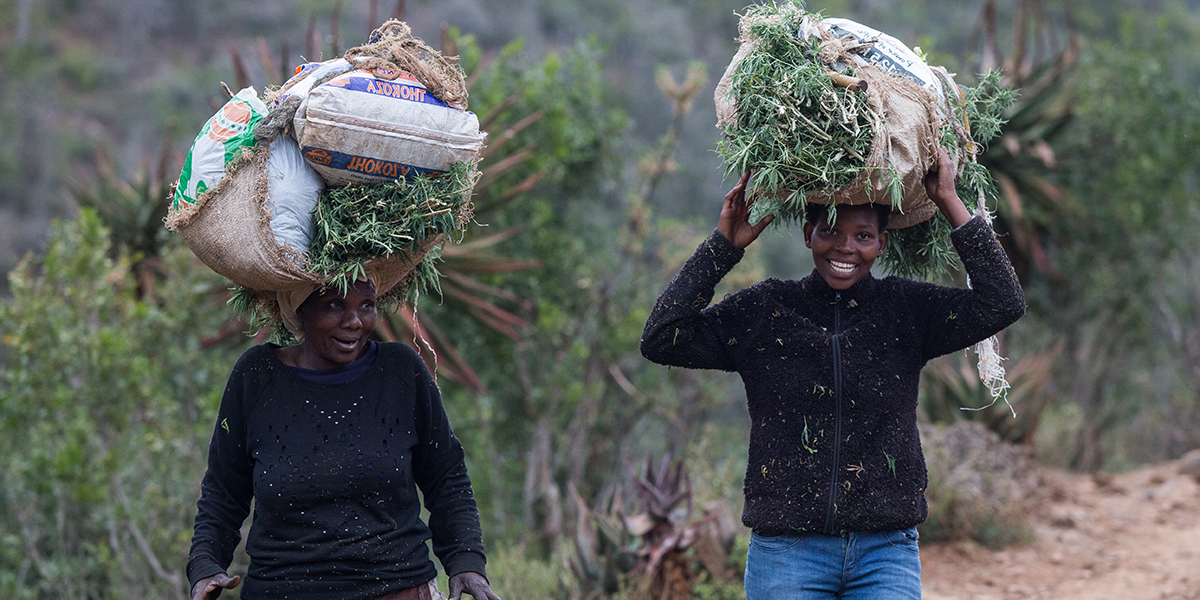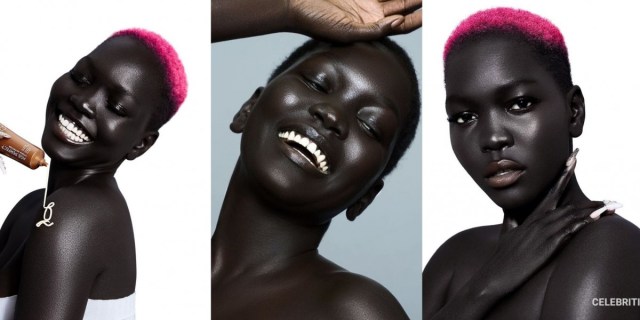A United Nations commission has voted to remove cannabis from a list that categorized it as one of the most dangerous drugs — a move that recognizes the plant as having medicinal value.
The UN Commission on Narcotic Drugs approved a recommendation from the World Health Organization on Wednesday to remove cannabis and cannabis resin from its Schedule IV classification under the 1961 Single Convention on Narcotic Drugs. That designation put cannabis and one of its derivatives in a category alongside heroin and other opioids.
Substances classified as Schedule IV are a subset of Schedule I drugs. That means not only are they considered to be “highly addictive and highly liable for abuse,” they’re also labeled as “particularly harmful and of extremely limited medical or therapeutic value.”
“This is welcome news for the millions of people who use cannabis for therapeutic purposes and reflects the reality of the growing market for cannabis-based medicinal products,” a group of drug policy advocacy organizations said in a news release.
Wednesday’s vote means that cannabis and cannabis resin are no longer classified as among the most harmful substances and are acknowledged as having medical benefits. But they’ll still be subject to restrictions under the Schedule I category.
“We welcome the long overdue recognition that cannabis is a medicine,” Ann Fordham, executive director of the International Drug Policy Consortium, said in a statement. “However, this reform alone is far from adequate given that cannabis remains incorrectly scheduled at the international level.”
The move is largely symbolic, and may not have an immediate impact on how governments control scheduled substances. But it could give a boost to medical cannabis legalization efforts in countries that look to the United Nations for guidance.
The commission voted 27-25 to reschedule cannabis and cannabis resin. The United States, the United Kingdom, Germany and South Africa were among those who voted in favor, while countries including Brazil, China, Russia and Pakistan voted against.
Members also rejected other four other recommendations from WHO about cannabis and its derivatives, which included removing extracts and tinctures of cannabis from Schedule I status and classifying a psychoactive component of cannabis, tetrahydrocannabinol, or THC.
Alfredo Pascual, an analyst for the trade publication Marijuana Business Daily, said in a news release that “the message that the removal from Schedule IV sends cannot be overstated.”
He added, “It’s an implicit acknowledgement of its therapeutical utility and that marijuana is not as dangerous as believed about 60 years ago.”
Credit: CitizenTV




